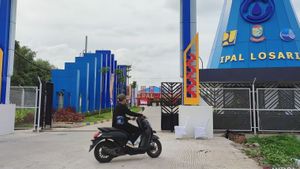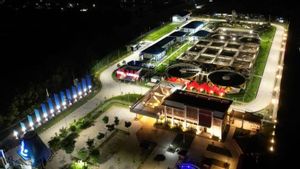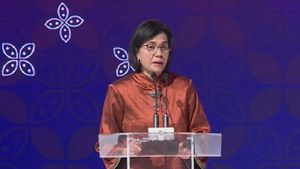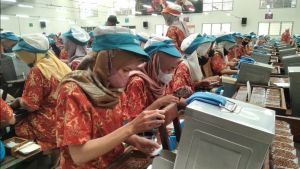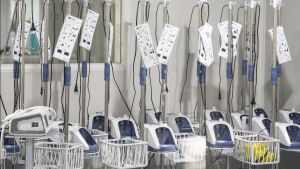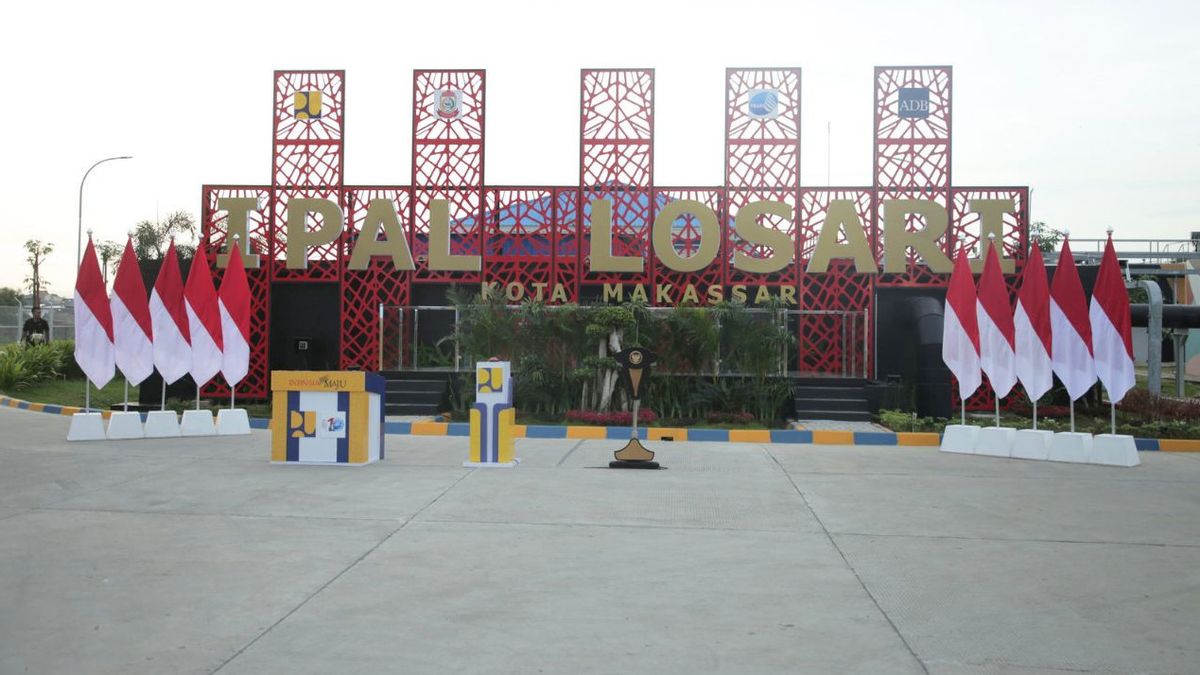
JAKARTA - The Losari Domestic-Centered Waste Management System (SPALD-T) located in Makassar, South Sulawesi, was inaugurated by Indonesian President Joko Widodo (Jokowi) today.
The budget for the construction of the SPALD-T reached IDR 1.217 trillion.
Minister of Public Works and Public Housing (PUPR) Basuki Hadimuljono hopes that with the development of the SPALD-T, water agency pollution due to domestic waste water can be minimized and provide added value in the form of clean water for the watering of parks and city public spaces.
"The main goal is for better environmental quality, because settlements are getting denser, the waste will also increase. So, we have to process it first before entering the water agency," Minister Basuki said in a written statement, Thursday, February 22.
Meanwhile, the Director General of Human Settlements at the Ministry of PUPR, Diana Kusumastuti, said that the construction of the Losari SPALD-T began with land preparation (location) funded from the Makassar City Budget amounting to Rp150 billion.
Then, it will be continued with the construction of domestic IPAL and pipeline networks through the Metropolitan Management Investment Project (MSMIP) Program. This program is also funded with a Loan Asian Development Bank (ADB) of IDR 672 billion.
관련 항목:
Then, said Diana, the Regional Settlement Infrastructure Center (BPPW) of South Sulawesi, Directorate General of Human Settlements of the Ministry of PUPR, continued the installation of house connections and commercial connections sourced from the APBN amounting to Rp395 billion.
"In the future, the regional government will continue until the target of providing 14,000 house connections (SR) is achieved, which is divided into 8,400 domestic connections and 5,600 commercial connections," he said.
Diana claimed that the construction of Domestic SPALs in Makassar City was effective because it used the Moving Bed Biofilm Reactor (MBBR) system which reduced Biological Oxygen Demand by 95 percent, denitrified and reduced nitrogen.
"Thus, the resulting efluent can meet the quality standards according to the Regulation of the Minister of Environment Number P. 68/MenLHK/Secretary General/Kum.1/8/2016 concerning the quality of domestic waste water," he said.
The English, Chinese, Japanese, Arabic, and French versions are automatically generated by the AI. So there may still be inaccuracies in translating, please always see Indonesian as our main language. (system supported by DigitalSiber.id)


